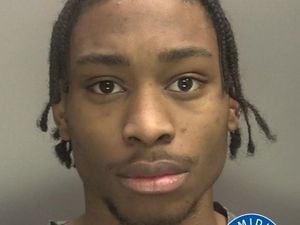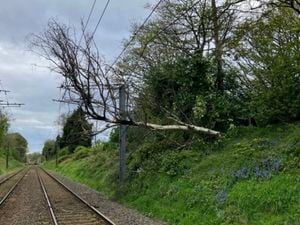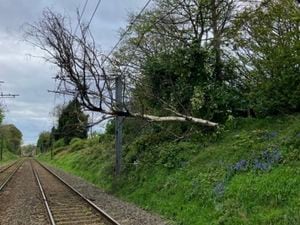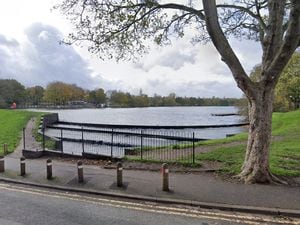How stranger's life-saving work inspired CPR classes in Sutton Coldfield
The rapid action that saved Denmark star Christian Eriksen's life when he collapsed on the pitch struck a chord with many.

The Inter Milan midfielder's cardiac arrest in Denmark's clash with Finland at Euro 2020 left many reflecting on how fragile life can be.
That he survived highlighted the need to understand more about CPR and, indeed, NHS Chief, Professor Stephen Powis has announced already announced plans to build a CPR Army – a new project to deliver training and teach everyone how to use defibrillators.
For one Sutton Coldfield man, though, his own personal experience in 2017 tailored his desire to help others by founding a CPR Counts.
Malcolm Robinson founded the group in 2017, teaching free Basic Life Support sessions to members of the public in and around Sutton Coldfield.
Up until the pandemic, they had trained over 900 residents, winning the Sutton Coldfield Community Group of the Year 2019 award.
Their two-hour sessions – on hold during Covid – cover heart attacks, cardiac arrests, the unconscious patient, choking and using a defibrillator.
And the group's desire to help is very much born from Malcolm's own experience.
"I was healthy and as far as I knew, fit and active," Malcolm recalls. "Completely out of the blue, I dropped down in the street in Birmingham, with a heart attack, immediately followed by a cardiac arrest.
"I was saved by a passing motorist called Judy Lewis, who happened to be a nurse who worked in cardiac wards in London.
"She saved my life and, strangely, she was driving down a road she wasn't mean to as she normally went on a different route. She is absolutely convinced we were meant to meet and I'm not complaining about that.
"I was sent to City hospital, a cardiologist, Dr Derek Connolly, took over and put stents in my heart.
"We actually became good friends – he was so impressed because he said my survival was so unlikely.
"By the time I came out of this procedure, I was transferred to Critical Care where I was kept for three days before being transferred to the cardiac ward.
"In Critical Care I was cooled down by a large freezer block on my chest and kept sedated for two days, before being warmed up on day three and allowed to regain consciousness."
After the incident, Malcolm was inspired to make a difference.
"I was looking at statistics and, at that time, I had eight per cent chance of surviving and it was only that someone who knew what to do, came by chance, to take over," he said.
"My experience is why I started feeling the need to ‘give something back’ – improving other victims chances of survival.
"Don’t imagine, like me, that it couldn’t happen to you. I had had no previous symptoms whatsoever. Cardiac arrests can hit anyone of any age at any time – hence the need for bystanders who know the life-saving drill."
CPR Counts are unable to hold sessions at present due to restrictions but have regular updates of news, advice and videos on their website cprcounts.com





